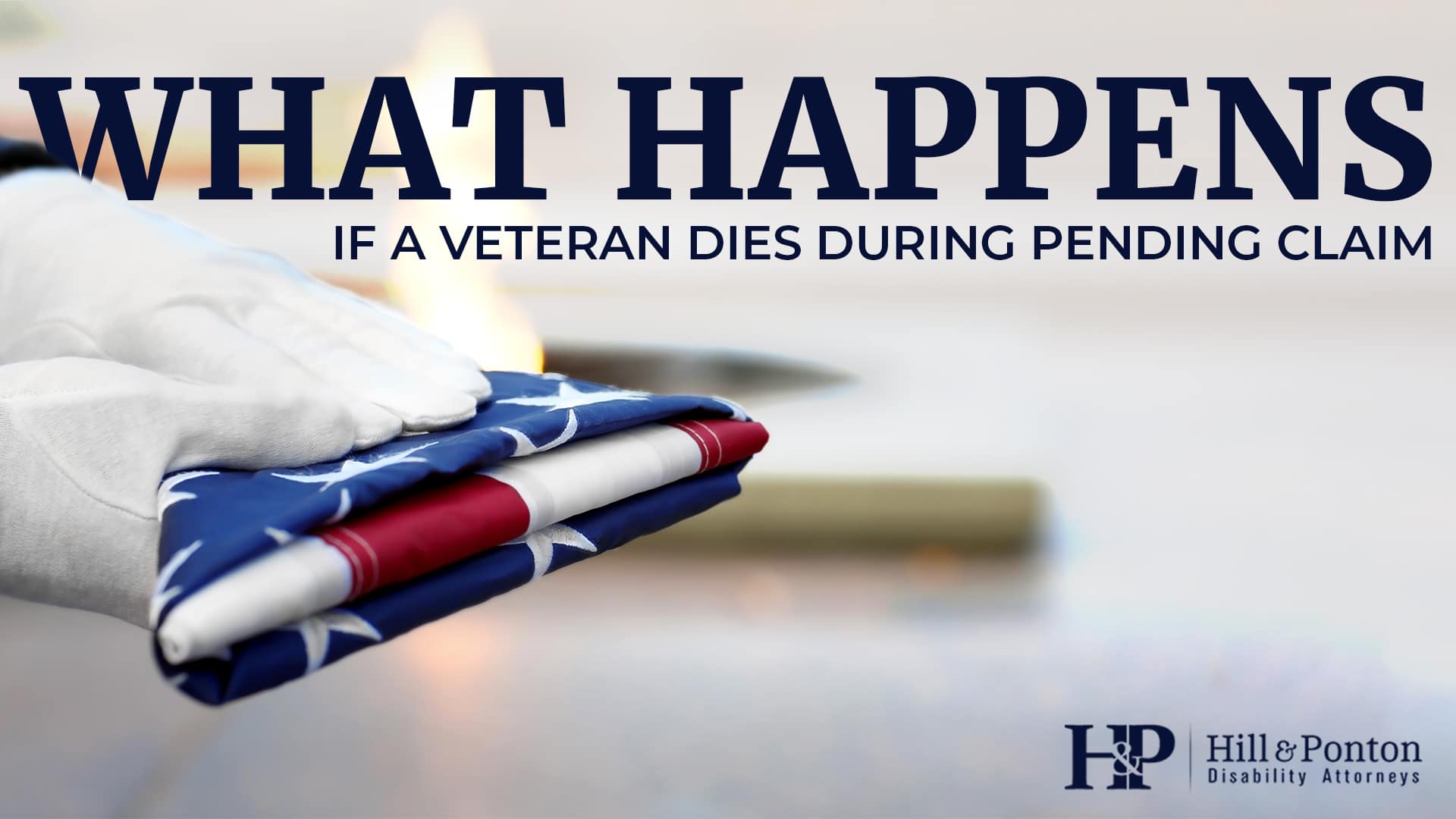Filing a request for reconsideration might seem like a simple solution to challenge a VA decision, but it’s often not the best path. Here’s why:
1. Does Not Preserve Your Effective Date
When a claim is denied or does not receive the rating a veteran believes it should, the veteran has one year to file an appeal to maintain the effective date—the date the claim was originally filed. Preserving this date is vital because a successful appeal can secure substantial back pay based on that original filing date.
A request for reconsideration, however, does not protect this effective date. If VA denies the reconsideration and the appeal period lapses, any future success will be treated as a new claim starting from the reconsideration date, potentially forfeiting years of back pay.
2. Unlikely to Change the Decision
VA rarely reverses decisions through a reconsideration unless there is compelling new and material evidence. What a veteran considers new and relevant may not meet VA’s standards. If VA determines the evidence isn’t new or material, the veteran may not know until after the appeal period ends, resulting in the loss of the original effective date.
3. Delays the Appeals Process
Choosing a request for reconsideration over an appeal can waste valuable time. If the reconsideration fails, the veteran may find themselves starting the appeal process late, further delaying the potential for benefits.
When Can a Request for Reconsideration Work?
Reconsideration may work if new and material evidence is provided. However, this depends on VA’s judgment of what qualifies as new and significant. If VA deems it insufficient, it may be too late to file an appeal and retain the original effective date.
The Best Path Forward
Navigating VA’s complex system successfully often requires professional guidance. Filing an appeal is usually a better choice than requesting reconsideration to safeguard your rights and effective date. Seeking help from a VA-accredited attorney or VSO can ensure that you take the right steps for your situation.
Need assistance with your claim? Reach out to our team for support.




